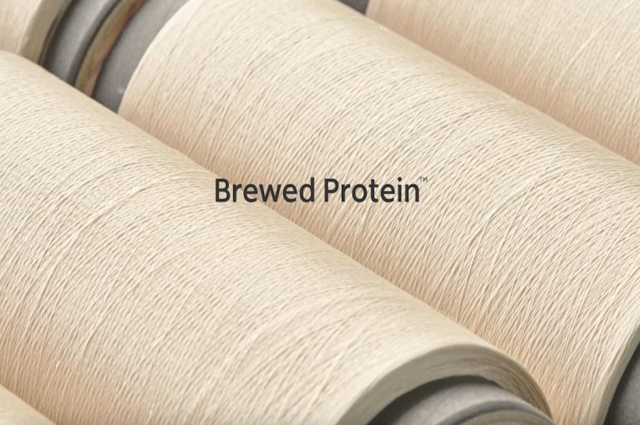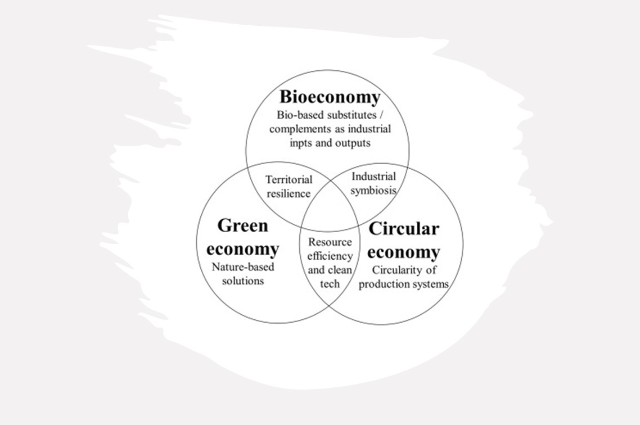
The talk of Sustainability is not anymore just limited to the wellbeing of people, and the environment; It has transformed the way we preach our businesses in the modern world, where the priorities have been drifted towards a balanced concoction of economy and ecology. Founded in 2007, Spiber, a Japanese startup, is producing a plant-based protein fiber material, named Brewed Protein. (Spiber Inc, has it’s manufacturing setup in Thailand.) The arachnid abilities are not just limited to the comic fiction, Spiderman anymore; but has brought about a revolutionary change in not just the fashion industry but in healthcare and the automobile sector too. Kazuhide Sekiyama, has taken up the challenge to not just bring about a flipping change in the way we see businesses today, but also maximising their contributions to the society.
Spider silk is considered to be the robustest materials in nature. Rather than directly utilizing it from nature, researchers have used the fermentation process involving sugars and microbes to generate the same protein, fibroin, which is biodegradable and flexible (even more than nylon). The startup initially established the synthetic spider silk, which was named Qmonos. Later, realizing that in spite of spider silk being considered as the strongest material on earth, it had a shrinkage property too. The protein, Fibroin in spider silk shrinks when wet, making it nearly impossible to maintain the dimensional stability of any product manufactured using this protein. However, the researchers were successfully able to eliminate the amino acid sequence that was causing this shrinkage, to develop the same strength and flexibility of the spider silk, but without the hindrance of getting shrunk and rebranded it into Brewed Protien. Till date, the company has made an estimated amount over $340 million, currently valued over $1.08 billion.
Brewed Protien is not just a ‘concept turned reality’ for attractive business strategies, but a solution oriented plan to fight the problem of depleting non-renewable sources of energy, like petrochemicals or animal derived raw materials. The compelling urge of contribution towards a sustainable humankind of present and the future, has developed this idea for creators to look at materials, and the industry with a fresh new perspective.
Spiber faces extremely low competition, because of the niche technology they have brought into play. Understanding the fact that they have a purpose before profits, makes it even more of a brand that justifies its top notch presence in the materials market. Very recently, Yuima Nakazato, presented a collection for the spring/summer 2021 Haute Coutre event at Paris Fashion Week. The feature of “biosmocking” technology, by Yuima, has successfully deep rooted its dynamic design into the industry, benefiting nature.

Another interesting fact to understand the business strategy and predicting the growth of Spiber Inc., is looking at how the numbers are changing in Bio-Circular Green model investments in Thailand. Both local and International companies have applied to invest as much as $1.7 Billion alone in Thailand in more than 300 projects in the sectors that are listed in the BCG index, as reported by the Thailand Board of Investments, in the first nine months of 2020. This alone lifted the global businesses setup, focussing solely on the sustainability and environment focused organizations. Thailand is a major destination for agriculture, food, bioenergy that follows the BCG model and a medical hub. Currently these sectors have an economic value of $113 billion collectively, according to Thailand's ministry of Higher Education, Science, Research and Innovation which will increase by 30% making it $147 billion by 2025, and making the BCG model industries equivalent to 25% of the national GDP. With such a huge market space and geographical compatibility, Spiber Inc., can be predicted as a leading innovator that aims to transform the complete picture of how we actually see the businesses today. For the current year, 2021, Spiber aims to begin it’s production of 700 tonnes of material per year, and expand the usage of its high-class innovation for the fashion industry into construction, automobile, and manufacturing of medical devices. Morita Kiesuke, the Managing Director of Spiber mentioned their initial interest in starting in the Americas and the Asian Countries. Subsequently looking at the high incentives, availability of sugar and skilled people, sturdy infrastructure and the relationships with the former country Japan, Thailand won over every other choice.

Not forgetting the number of spider species known till now is 45,000 globally, and the numbers will rise with greater discoveries and research. Spiber is yet to study more upon all of these and lay emphasis upon a deeper study of the genetic models of each one of them, to find a material with even more advancements and fetch the eureka moment for the manufacturing industries, that can be highly benefited with the sustainable future of materials. Collaboration is the next step, and this niche is a base for one of the finest sustainable future perspectives for the world-class alliances.

